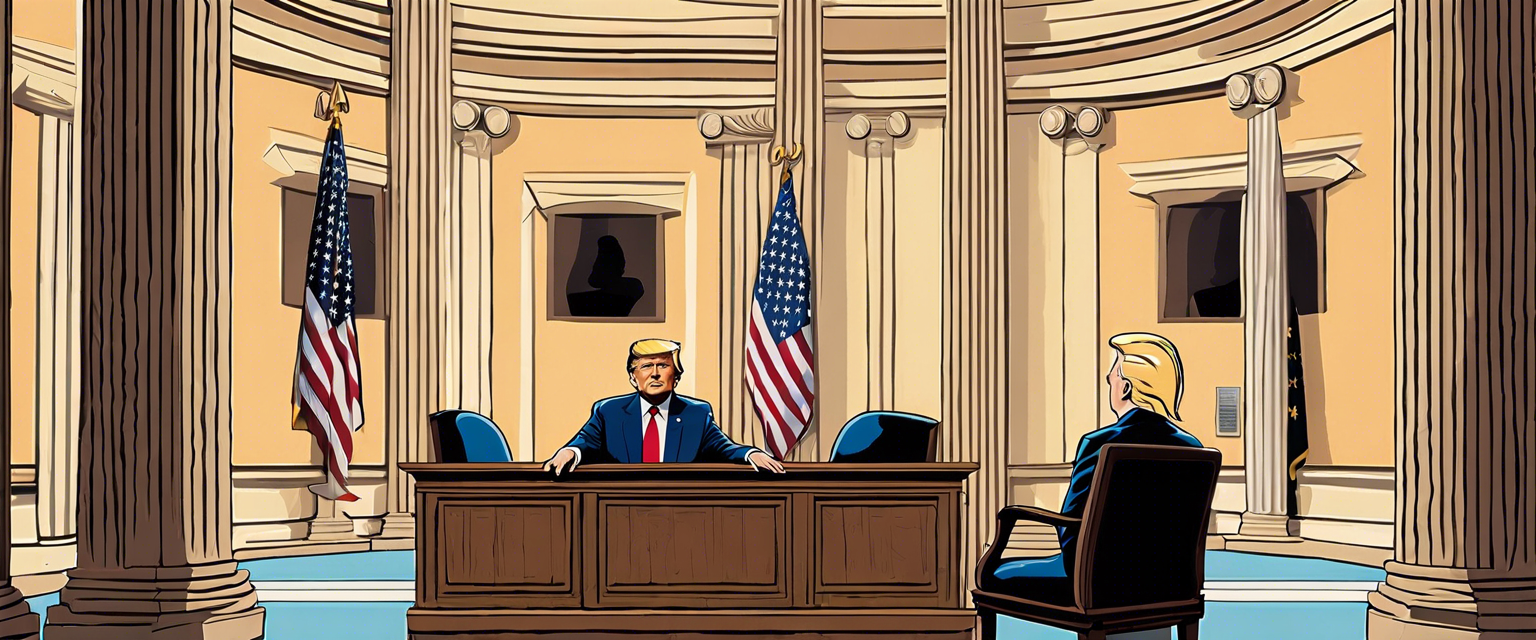Understanding Collective Action Problems: The Key to Political Dynamics in America
In recent discussions surrounding American politics, the term "collective action problem" has emerged as a significant concept. This term, commonly referenced by political scientists, illustrates a predicament where a group would significantly benefit from collaboration, but individual interests often prevail over shared goals. Understanding this concept is crucial for comprehending the current political landscape, particularly regarding figures like Donald Trump and Kamala Harris, as well as the broader implications for democracy in America.
The Dilemma of Individual Interests vs. Collective Goals
At its core, a collective action problem arises when the collective benefits of cooperation outweigh the individual incentives for contribution. For instance, legislation aimed at regulating important issues like climate change or gun control exemplifies this conflict. These issues encapsulate challenges that require a cooperative approach from all stakeholders involved but are often undermined by individualistic pursuits.
Trump and His Approach to Collective Action
Donald Trump epitomizes a failure to recognize and address these collective dilemmas. His political narrative often sidesteps complex problems such as school shootings, where there is clear evidence of collective action failure. Instead of proposing solutions that require cooperation, his administration frequently resorts to scapegoating and divisive rhetoric. For instance, the alarming rise in school shootings can be traced back to the 2008 Supreme Court ruling in District of Columbia v. Heller, which significantly hindered gun regulations. Trump's rhetoric often fails to acknowledge this reality, instead defaulting to blaming external factors like immigration.
Trump's Authoritarian Instincts
This authoritarian tendency is characterized by an inability to envision a participatory democracy. Trump’s approach to leadership lacks a fundamental understanding of how collective action problems can be solved through democratic processes. His history of supporting mass deportations and undermining democratic institutions reflects a broader pattern of governance where coercion is preferred to collaboration.
Kamal Harris: A Collaborative Approach
In contrast, Kamala Harris represents a different approach to governance that emphasizes collaboration and problem-solving. Despite her own array of political critiques, she exhibits a commitment to addressing collective challenges. Harris’s administration aims to foster cooperation across party lines and engage a diverse coalition to tackle pressing issues, from climate change to income inequality.
The Importance of Democratic Engagement
A significant aspect of Harris’s strategy is the recognition that American democracy functions best when citizens actively engage in addressing collective problems. Her willingness to incorporate varying perspectives illustrates an understanding that democratic governance requires dialogue, compromise, and revising approaches based on empirical evidence.
The Current Landscape: Challenges and Optimism
The political landscape today is rife with collective action problems that demand urgent attention. Issues like healthcare crises, housing affordability, and income disparity threaten to disrupt the fabric of American society. Moreover, as technology continues to evolve, the challenges surrounding data privacy and regulation of tech giants pose significant hurdles that require collaborative policymaking.
Finding Solutions through Collective Action
Addressing these multifaceted challenges hinges on society’s ability to overcome the inclination toward self-interest. Engagement with these issues through a collective lens is imperative. Political figures like Harris provide hope that a collaborative, democratic approach can address these urgent crises effectively.
Conclusion: The Path Forward
As we move into the future, the necessity for collaborative action in governance has never been more critical. Moving beyond the divisive tactics exemplified by Trump is essential for fostering a political climate that prioritizes cooperation and shared solutions. Supporting candidates who emphasize problem-solving and collective engagement can steer America toward a more united and democratic future.



Yorum yazın
Tüm yorumlar yayınlanmadan önce incelenir.
Bu site hCaptcha ile korunuyor. Ayrıca bu site için hCaptcha Gizlilik Politikası ve Hizmet Şartları geçerlidir.